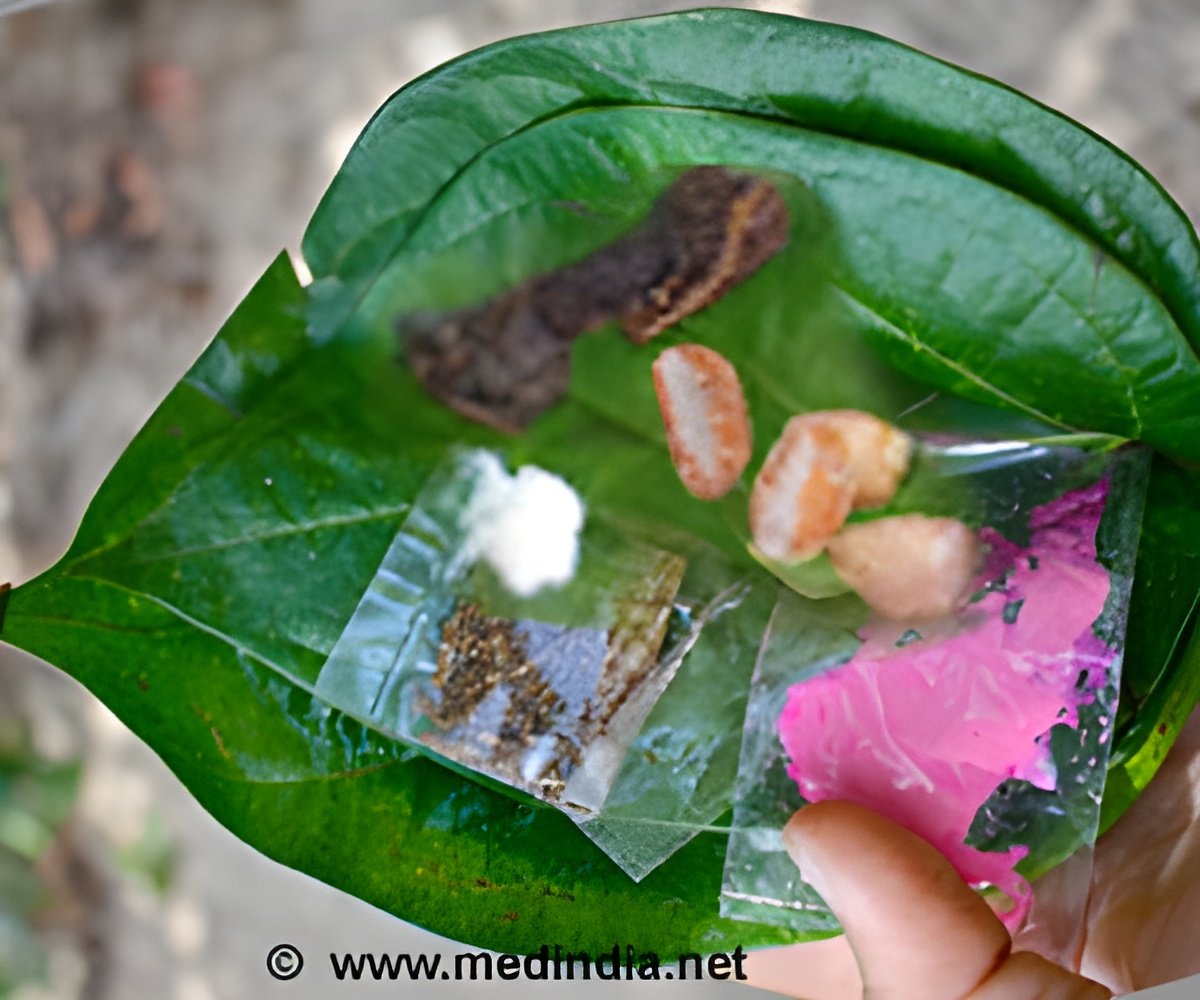'Kun ja' - made with tobacco, areca nuts, slaked lime and optional spices, wrapped in betel leaves - is a popular stimulant chewed throughout Myanmar.

However, doctors have warned that the national appetite for the stimulant is damaging the health in a country with a threadbare medical system. Dr. Dhirendra Narain Sinha, a specialist at the World Health Organization (WHO), said, "Myanmar has one of the highest (number of) users of smokeless tobacco globally, especially among males. My research suggests that just over half of Myanmar’s men use the substance, in addition to 16% of its women."
Both tobacco and areca nut are known carcinogens, with mouth-related cancers accounting for a fifth of all of Myanmar’s cases of cancer. Dr. Sinha said, "Those who chew betel quids without tobacco have a 250% greater chance of having oral and oropharyngeal cancer than non users. For those who chew tobacco as well the risk jumps 770%."
The latest WHO figures reveal that Myanmar spends the lowest proportion of its GDP on healthcare in the world, just 0.5% in 2013, lower than South Sudan and Haiti. Cigarette packs in Myanmar now carry gory photographic warnings of the health risks, but betel is free of any packaging. Helping Myanmar kick the habit will not be easy.
Source-AFP











